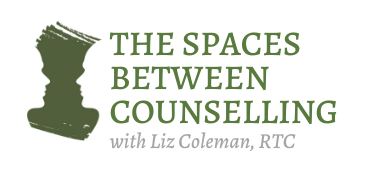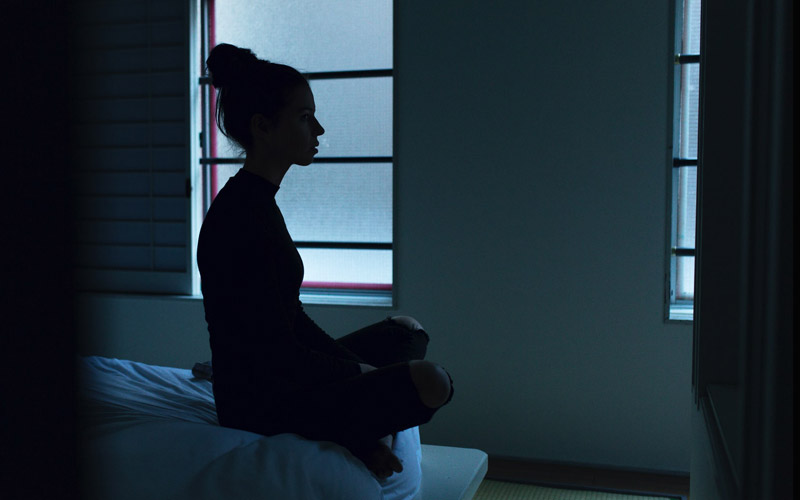Taking medication for anxiety and depression seems to be the accepted treatment but in my experience and my client’s, the side effects can be as bad or worse. So often the overall physical and mental health of the person isn’t even considered before recommending medication.
My experience of being put on Paxil when I was younger was it did make me feel happier after a couple of weeks but I took myself off them right away. It just wasn’t a ‘normal’ happy and I didn’t like being chemically altered. I felt it had done it’s job and I didn’t need them. If I’d trusted my doctor’s warnings though I would have continued.
The truth of my situation was, I was working night shifts at a casino. I call it my dark ages. Ding ding sleep disruption. How many of us don’t know that lack of sleep or sleep pattern disruption causes a change in moods? Was medication the best option for my situation? How about my diet? My overall physical health and mental health and my ability to cope with emotions?
These are all important when dealing with someone who’s experiencing anxiety and/or depression but often ignored as in my case.
What to do?
If you or someone you know is just starting to experience anxiety or depression or is on medications, here are tips to get the whole picture and create a holistic approach to treatment.
- Get allergy tested for any food allergies or intolerances that could be affecting your mood. Change to a healthier, less-processed diet.
..eating whole or nutrient-dense foods, and avoiding refined sugar, gluten, pasteurized dairy products, and processed factory foods like Fritos and Oreos. I also recommend taking fish oil supplements, vitamins B-12 and D, a multi-vitamin, and a multi-mineral.
- Ask your doctor for thyroid testing.
I would have your doctor run a full thyroid panel that should include TSH, Free T4, Free T3, Reverse T3, and Thyroid Antibodies. Test for deficiencies in vitamin D, B-12, ferritin, and iron.
- Check sleep patterns. Meds can cause disruptions in sleep, but studies show sleep problems can be the cause of mood disorders.
- Exercise! Moving your body and the deep breathing that goes with that, energizes and oxygenates the body and brain leading to numerous benefits both physically and mentally.
- Talk to a Counsellor or Psychologist. Anxiety and Depression can also be a symptom of poor emotional coping skills that can be shifted once they’re identified.
Liz Coleman, RTC, is a Registered Therapeutic Counsellor based in Surrey, BC. She specializes in anxiety, anger, insecurity, and relationship problems. If you have any questions about this article or would like to schedule an appointment, please call Ms. Coleman at (604) 809-8947 or use the convenient form on her Contact page.

